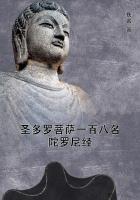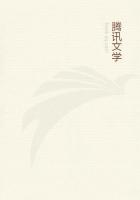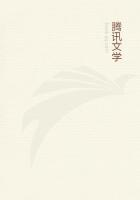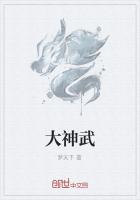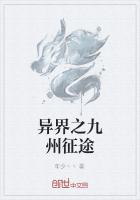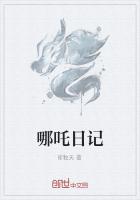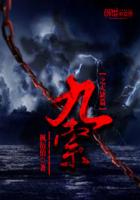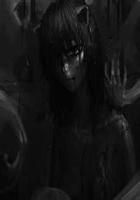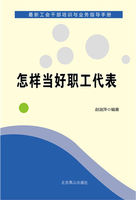THE Greek doctrine of the four humors colored all the conceptions of disease; upon their harmony alone it was thought that health depended. The four temperaments, sanguine, phlegmatic, bilious and melancholic, corresponded with the prevalence of these humors. The body was composed of certain so-called "naturals," seven in number-- the elements, the temperaments, the humors, the members or parts, the virtues or faculties, the operations or functions and the spirits. Certain "non-naturals," nine in number, preserved the health of the body, viz.) air, food and drink, movement and repose, sleeping and waking, excretion and retention, and the passions. Disease was due usually to alterations in the composition of the humors, and the indications for treatment were in accordance with these doctrines. They were to be evacuated, tenuated, cooled, heated, purged or strengthened. This humoral doctrine prevailed throughout the Middle Ages, and reached far into modern times--indeed, echoes of it are still to be heard in popular conversations on the nature of disease.
The Arabians were famous for their vigor and resource in matters of treatment. Bleeding was the first resort in a large majority of all diseases. In the "Practice" of Ferrari there is scarcely a malady for which it is not recommended. All remedies were directed to the regulation of the six non-naturals, and they either preserved health, cured the disease or did the opposite.
The most popular medicines were derived from the vegetable kingdom, and as they were chiefly those recommended by Galen, they were, and still are, called by his name. Many important mineral medicines were introduced by the Arabians, particularly mercury, antimony, iron, etc. There were in addition scores of substances, the parts or products of animals, some harmless, others salutary, others again useless and disgusting. Minor surgery was in the hands of the barbers, who performed all the minor operations, such as bleeding; the more important operations, few in number, were performed by surgeons.
ASTROLOGY AND DIVINATION
AT this period astrology, which included astronomy, was everywhere taught. In the "Gouernaunce of Prynces, or Pryvete of Pryveties," translated by James Yonge, 1422,[26] there occurs the statement: "As Galian the lull wies leche Saith and Isoder the Gode clerk, hit witnessith that a man may not perfitely can the sciens and craft of Medissin but yef he be an astronomoure."
[26] Early English Text Society, Extra Series, No. LXXIV, p. 195, 1898; Secreta Secretorum, Rawl. MS. B., 490.
We have seen how the practice of astrology spread from Babylonia and Greece throughout the Roman Empire. It was carried on into the Middle Ages as an active and aggressive cult, looked upon askance at times by the Church, but countenanced by the courts, encouraged at the universities, and always by the public. In the curriculum of the mediaeval university, astronomy made up with music, arithmetic and geometry the Quadrivium. In the early faculties, astronomy and astrology were not separate, and at Bologna, in the early fourteenth century, we meet with a professorship of astrology.[27] One of the duties of this salaried professor, was to supply "judgements" gratis for the benefit of enquiring students, a treacherous and delicate assignment, as that most distinguished occupant of the chair at Bologna, Cecco d'Ascoli, found when he was burned at the stake in 1357, a victim of the Florentine Inquisition.[28]
[27] Rashdall: Universities of Europe in the Middle Ages, Vol.
I, p. 240.
[28] Rashdall, l.c., Vol. I, p. 244.--Rashdall also mentions that in the sixteenth century at Oxford there is an instance of a scholar admitted to practice astrology. l.c., Vol. II, p. 458.
Roger Bacon himself was a warm believer in judicial astrology and in the influence of the planets, stars and comets on generation, disease and death.
Many of the stronger minds of the Renaissance broke away from the follies of the subject. Thus Cornelius Agrippa in reply to the request of a friar to consult the stars on his behalf says:[29]
"Judicial astrology is nothing more than the fallacious guess of superstitious men, who have founded a science on uncertain things and are deceived by it: so think nearly all the wise; as such it is ridiculed by some most noble philosophers; Christian theologians reject it, and it is condemned by sacred councils of the Church. Yet you, whose office it is to dissuade others from these vanities, oppressed, or rather blinded by I know not what distress of mind, flee to this as to a sacred augur, and as if there were no God in Israel, that you send to inquire of the god of Ekron."
[29] H. Morley: The Life of Henry Cornelius Agrippa, London, 1856, Vol. II, p. 138.
In spite of the opposition of the Church astrology held its own; many of the universities at the end of the fifteenth century published almanacs, usually known as "Prognosticons," and the practice was continued far into the sixteenth century. I show you here an illustration. Rabelais, you may remember, when physician to the Hotel Dieu in Lyons, published almanacs for the years 1533, 1535, 1541, 1546. In the title-page he called himself "Doctor of Medicine and Professor of Astrology," and they continued to be printed under his name until 1556. In the preparation of these he must have had his tongue in his cheek, as in his famous "Pantagrueline Prognostication," in which, to satisfy the curiosity of all good companions, he had turned over all the archives of the heavens, calculated the quadratures of the moon, hooked out all that has ever been thought by all the Astrophils, Hypernephilists, Anemophylakes, Uranopets and Ombrophori, and felt on every point with Empedocles.[30]
[30] Pantagrueline Prognostication, Rabelais, W. F. Smith's translation, 1893, Vol. II, p. 460.

